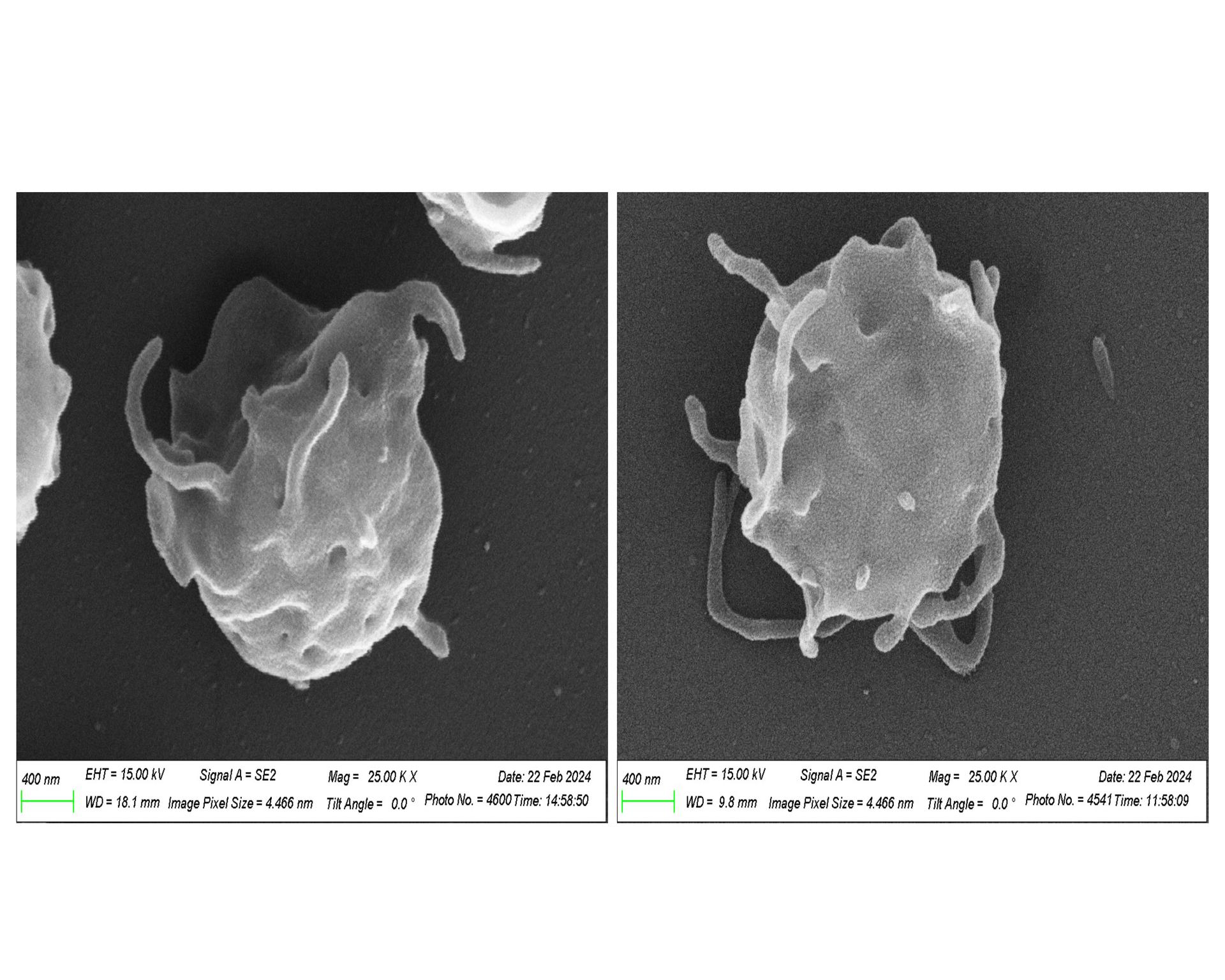MeF1 (Megakaryocytes Orbiting in Outer Space and Near Earth)
Principal Investigator: Dr. Hansjorg Schwertz, University of Utah, Salt Lake City
Overview: This investigation will study how microgravity affects platelets and bone-marrow megakaryocytes during their development and operation. This will help researchers learn more about the impacts microgravity has on the human body during spaceflight.
Science objectives:
- To research how platelets and megakaryocytes adapt to changes and the environment during spaceflight
- To conduct experiments synchronously on the International Space Station and Earth with advanced techniques to learn more about inflammation and blood clotting
- To compare samples from astronauts before and after spaceflight and note changes induced while aboard the space station
Potential Earth applications:
- To use results to determine if other types of blood cells have similar reactions to clotting and inflammation
- To assist with future similar studies on human health associated with blood clots and inflammation
Potential space applications:
- To have a better understanding of how the human immune system reacts on the space station to space radiation and microgravity
- To create a dataset on how certain genes are affected by gravitation forces
- To develop ways to protect the health of the crew on future missions and regulate the creation and operation of normal platelets and megakaryocytes
Related resources:
Space Station Research Explorer Page
NASA Science on Health, Safety to Launch on 31st SpaceX Resupply Mission
NASA’s Biological and Physical Sciences Division pioneers scientific discovery and enables exploration by using space environments to conduct investigations not possible on Earth. Studying biological and physical phenomenon under extreme conditions allows researchers to advance the fundamental scientific knowledge required to go farther and stay longer in space, while also benefitting life on Earth.

























